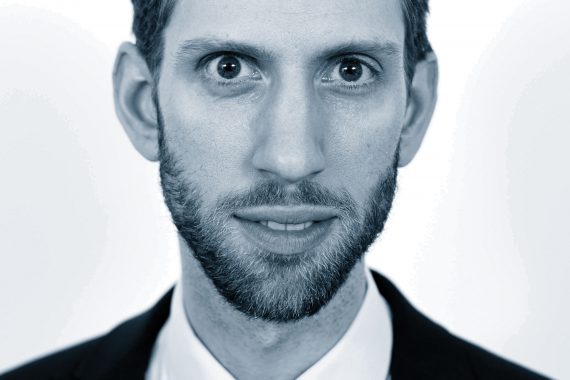GPs are the key to the survival of the NHS

I am going to start this editorial with something quite unusual in today’s Britain: praise for GPs.
Slap yourself on the back – you deserve it. I have it on good authority you are responsible for saving the NHS. Yes, our cherished national institution has only survived because of your good sense.
You won’t hear it trumpeted by our national media, or in speeches by Government ministers, but on the back of GP practices the health service has become one of the most efficient in the world.
A recent King’s Fund report, Better Value in the NHS, found GPs have saved the health service £7bn over the past 40 years by prescribing generics. This allowed 490 million more items to be prescribed with no increase in total prescribing spend. The UK now has one of the highest primary care generic prescribing rates in the world, at around 84%.
Another major reason the NHS is still functioning is that GPs have taken over much more care from hospitals. For instance, diabetes is now almost completely managed in primary care.
Major reductions in hospital stays in the NHS have only been achieved by GPs following up patients and ensuring that they receive the right care in the community. In 2012, the average length of stay in UK hospitals was seven days – around 14% less than just a decade ago. This has enabled hospitals to treat more patients and avoid the cost of 10,000 extra beds.
And I am sure you could give me more examples of the health service being able to do more with less, due to the ingenuity and prudence of its greatest unsung asset. General practice.
But (and I am afraid it’s a big but) the NHS is facing the biggest financial black hole in its history. At least £22bn must be saved over the next five years if the health service is to remain on an even keel.
Never mind the seven-day access ambitions of the Prime Minister, the big issue is how a health service that has managed just 1% annual productivity gains over the past 35 years can double or triple this in order to stay afloat without harming patient care.
The King’s Fund report (I know, I have too much time on my hands) has suggestions on how to achieve this but all of them rely on GP practices having the time and resources to innovate and design better care for patients.
Earlier diagnosis, better care of the elderly, reductions in hospital admissions and tackling polypharmacy: all are good ideas – but they require a fundamental shift by the NHS. Creating ‘vanguard’ pilots or dishing out the odd million to trial pharmacists in practices is no more than tinkering at the edges. General practice is in a full-blown workforce and workload crisis that must be tackled urgently.
A burnt-out and dwindling GP workforce stretched across seven-days will not be able to deliver the revolutionary change the NHS needs. Additional funding is vital, but even more crucial is rethinking the targets and bureaucracy that are piled onto practices.
I have said this before, but free GPs from the quagmire of the QOF and the CQC and give them the tools to tackle patient demand. The health service as we know it can avoid being dragged into the financial black hole only if GPs are allowed to exercise the pioneering spirit that has served the NHS so well thus far.
The alternative is far darker.
Nigel Praities is editor of Pulse
Pulse October survey
Take our July 2025 survey to potentially win £1.000 worth of tokens











